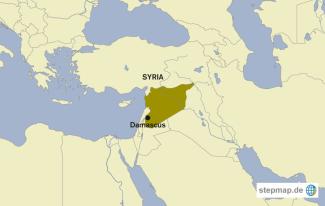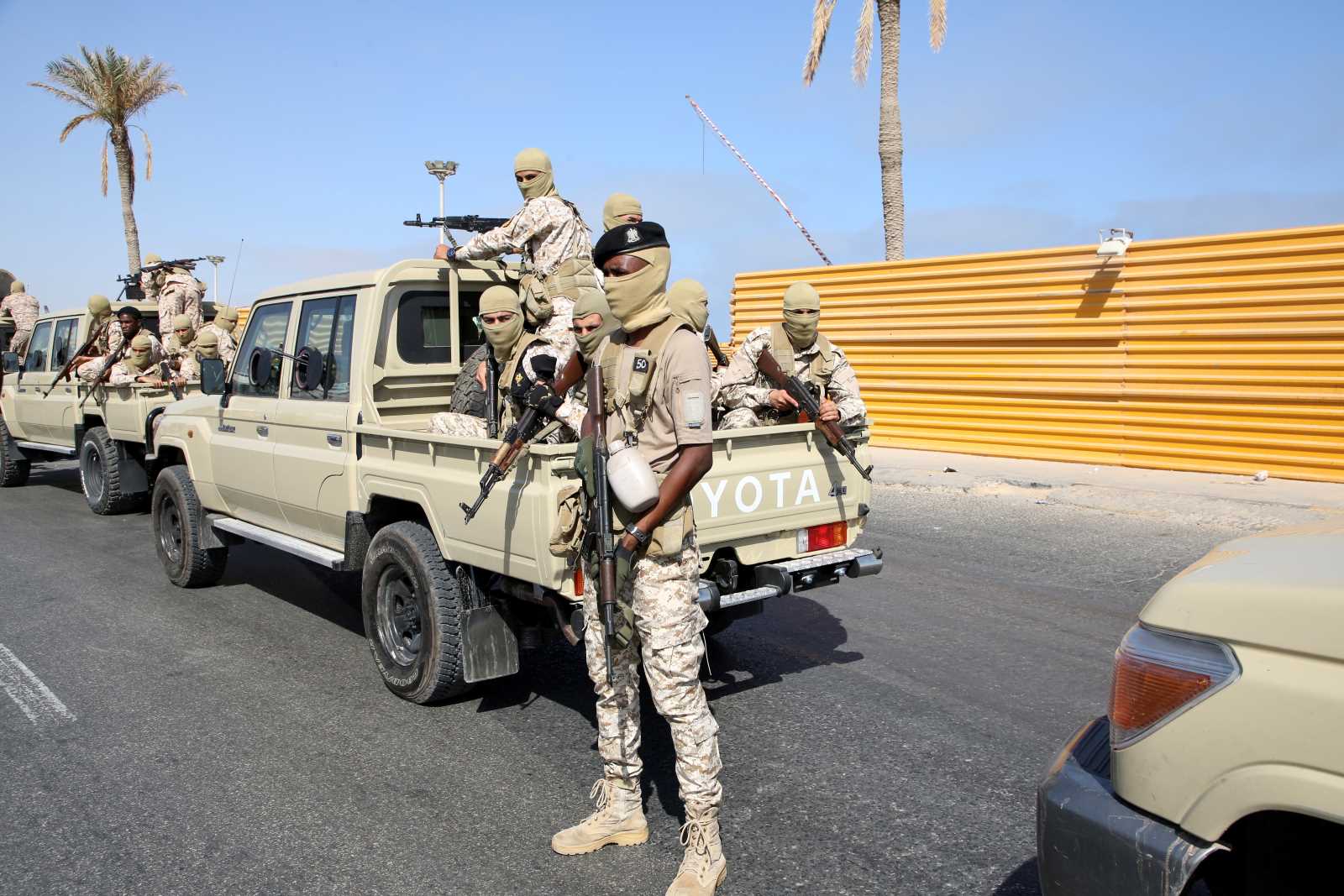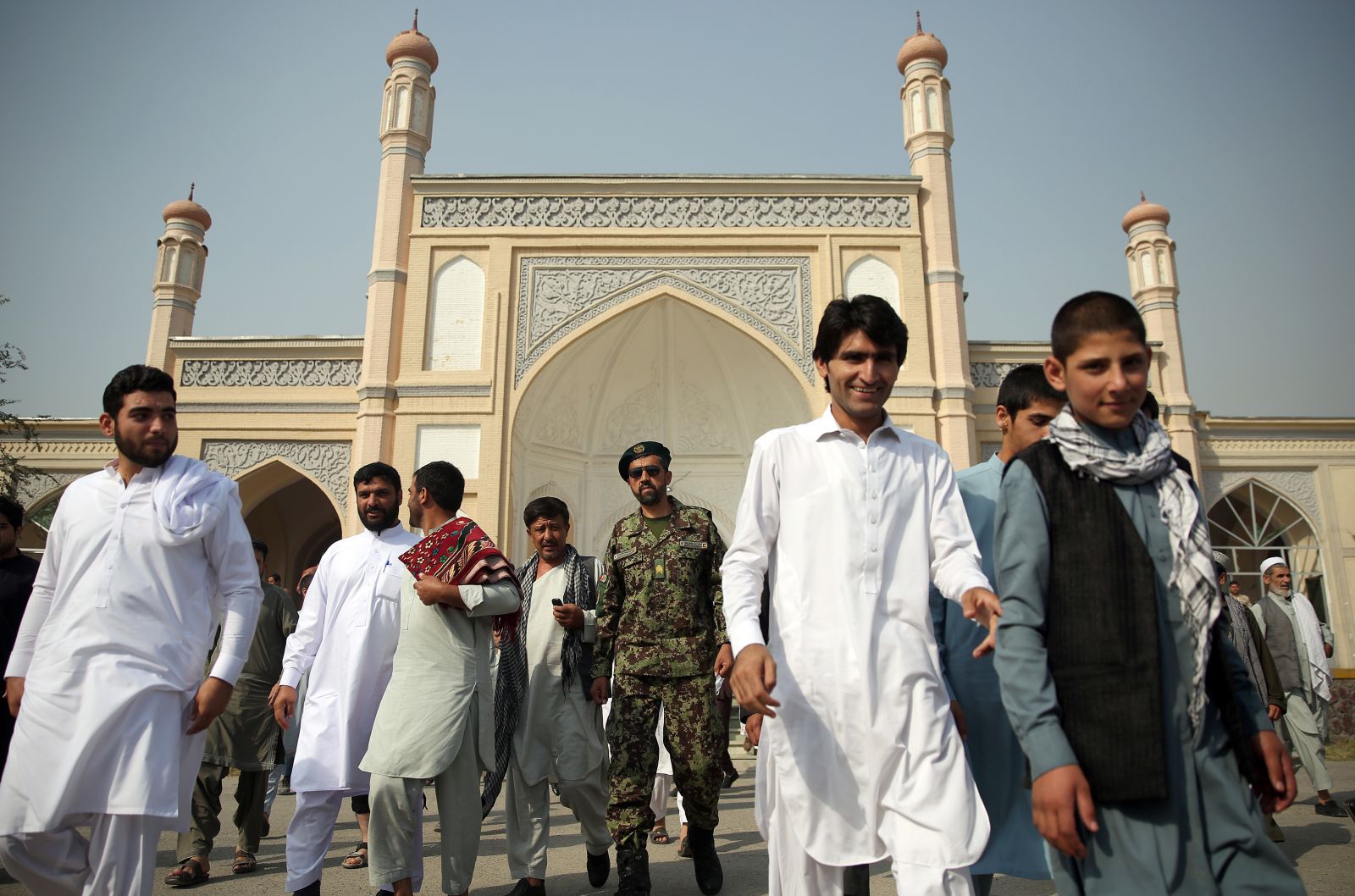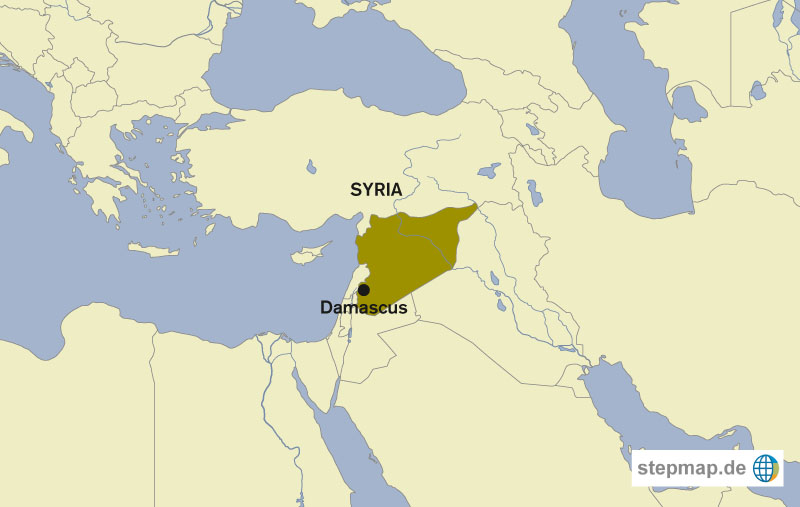Armed conflict
Three generations killed in one day

Shbiki is a beautiful village. Its stone houses and shady trees are surrounded by desert. It is located in the Suweida governorate in the very south of Syria. Members of the Druze minority live in this areas.
Shbiki is only a couple of kilometres away from ISIS strongholds. For years, the residents of this village requested the government to ensure security, but such demands fell on deaf ears. Therefore, no one was there to protect them on “Black Wednesday”. That is the name under which the gruesome events of 25. July are now known.
The ISSI raids began at sunrise: a few hundreds of ISIS fighters entered the unprotected Druze village. They opened the doors, went into the houses and slaughtered entire families. The Islamist militia killed more than 270 innocent people and kidnapped 45 women. The terrorists only retreated after a brutal fight with the Druze men who arrived fast to help from other Druze settlements.
Hassan is one of the survivors. “There is no one left, I’m all alone. My entire family was slaughtered in front of my eyes – my mother, my father, my three brothers and my twin sisters,” he says. “I barely managed to flee, but their voices will hunt me forever.”
The massacre left the village deserted. There are 200 empty houses, but no residents. Those who were neither killed nor taken hostage fled to nearby villages and towns.
One of the survivors is Rawia. She reports what happened to her: “I was unconscious and when I came to, I was in the hospital. I was hardly awake when the doctor reached for my hand with a tight grip and said that he had bad news.” He told her that three generations of her family had perished, including her grandparents, parents and siblings.
She adds, “I couldn’t believe what he said. I couldn’t even imagine I have lost 52 members of my family in a blink of an eye.” Her nightmare was not over, however. She is the only heir: “Now I own more than 20 houses in this village, but there is no one left to share my life.”
Shbiki was not the only village which was attacked; two other villages – Rami and Shrihi – suffered similar destinies. Empty villages scatter the landscape in Syria, and their former inhabitants are dead or on the run.
Nawar Almir Ali is a journalist and lives in Damascus, Syria.
nawaralmir@gmail.com











